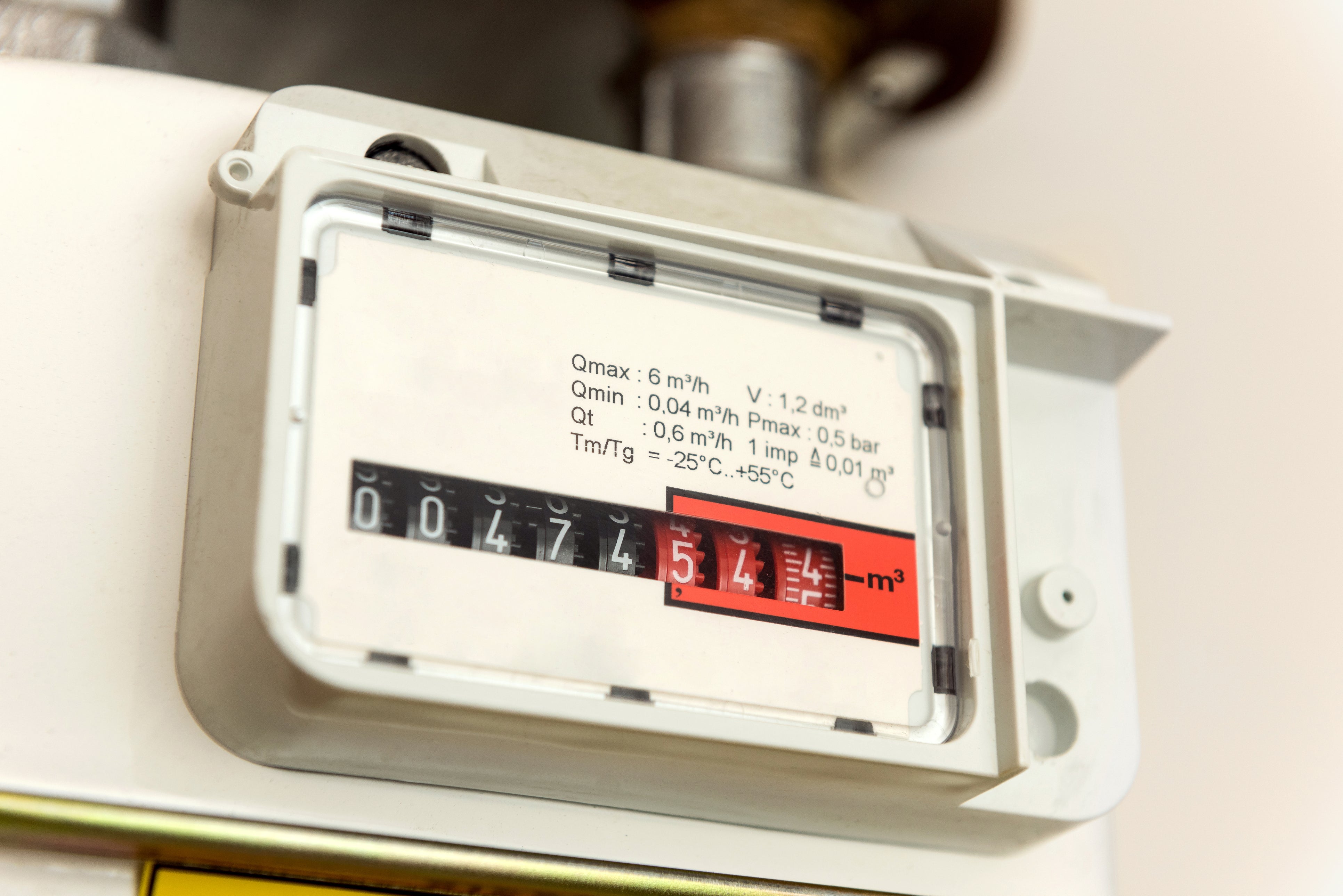Cost of living crisis: Everything you need to do before price surges on 1 April
Living costs are set to soar from 1 April

The cost of living crisis is set to intensify from 1 April, when households will witness the biggest rise in the cost of energy in living memory.
Bills are set to increase by a whopping 54 per cent, or almost £700, to just under £2,000 a year.
National Insurance contributions are set to rise by 1.25 percent, while inflation and water bills are expected to soar.
The profound spike in living costs means that half of UK children will have to sacrifice essentials such as food and clothing, according to new research.
While this is undoubtedly a stressful time for many families, we’ve rounded up a list of the things you can do before the change comes into force to save you some money.
Submit meter readings for gas and electricity

Ofgem, the energy regulator for the UK, is increasing its price cap on 1 April.
This means that customers on a default tariff paying through direct debit could see an increase of almost £700.
Prepayment customers will see a bigger jump, with their price cap going up by £708, from £1,309 to £2,017.
Experts have advised customers to take and submit a meter reading for gas and electricity on 31 March to indicate how much they have used before the increase is introduced.
This will prevent firms from estimating usage and potentially charging for energy used before April 1 at the higher rate.
However, British Gas, EDF Energy and other energy companies’ online services have stopped working properly on the final day for customers to submit their readings.
Money Saving Expert’s Martin Lewis told customers not to worry about any delays in submitting readings, but to do so as soon as possible.
“If you can’t get to do a meter reading today, do it tomorrow, or Sunday, or Monday,” he wrote on Twitter.
“The nearer to today you do it the less chance of mis-estimates, so don’t panic about missing it (either through your own or the firm’s issue) just get it in as soon as you can.”
Households should also send regular meter readings, ideally on the same date each month, to prevent their supplier from estimating usage and potentially overcharging for it as they move into the summer months and use less heating.
Gillian Cooper, head of energy policy at Citizens Advice, said: “We'd recommend sending meter readings to your supplier ahead of the price cap rise on 1 April. This means your energy company will have an accurate picture of your usage before higher rates come in.
“If you're struggling to pay your bill, speak to your energy provider as they have to help you. Citizens Advice can also provide you with free, independent support.”
Claim working from home tax allowances

If you’re one of the millions of people who have worked from home over the past two years, you’re entitled to claim up to £125 in tax relief.
HMRC will help with expenses such as energy, internet costs and business calls, even if you only worked from home occasionally.
Your employer can pay you a fixed amount of up to £6 per week tax free, or you can claim tax relief directly from the government instead.
Be aware that you will only be eligible for relief at the rate at which you pay tax, so a taxpayer on a basic rate will be eligible for £1.20 a week, adding up to £62.40 a year.
Your claim can also be backdated for the previous tax year as well, even if you only worked at home one day.
Find out more and apply here.
Claim marriage allowance

Another tax relief you might be able to claim is marriage allowance, which applies to marriages and civil partnerships, but not cohabitating couples.
To be eligible, one member of the couple must earn less than £12,570 and their spouse must be a basic-rate taxpayer.
If you qualify, the lower-earning partner can transfer up to £1,260 of their Personal Allowance to their partner if their income is higher, resulting in a tax reduction of up to £252.
Claims can also be backdated to April 2018.
To find out more, click here.
Don’t ditch your direct debit

Money Saving Expert’s Martin Lewis warns that while many households may be considering ditching their direct debits in a bid for more control over how much they’re paying, doing so could end up costing you more because of the way the price cap is calculated.
“If you're on typical usage, the price cap from 1 April - for somebody paying by direct debit - is £1,971 a year,” he said.
“If you want to pay by quarterly bills, and that's what most people ditching direct debit tell me they're thinking of doing, then the price cap is £2,100.
“So that means you're paying over 6 per cent more for the same usage than you do by direct debit, because there is a discount allowed for direct debit,” he says.
He adds that while ditching your direct debit might give you more control in the short term, you’ll pay more for your energy in the long term.
This doesn’t apply to council tax, however. Having a direct debit set up for council tax will mean those in bands A-D will be eligible for a £150 rebate in April.
Make full use of salary sacrifice schemes

If you’ve considered swapping to a cycle or electric car for your commute, now is an excellent time to take advantage of employer salary sacrifice schemes.
Payments are taken off your gross income and the lower this is, the less you pay in income tax and national insurance contributions.
If you regularly donate to charity, it’s also worth checking whether your employer allows you to do so via a payroll giving scheme, such as the Give As You Earn programme.
Deductions are taken before income tax is taken, which could see a decrease in the amount of tax you pay.
Join our commenting forum
Join thought-provoking conversations, follow other Independent readers and see their replies
Comments
Bookmark popover
Removed from bookmarks